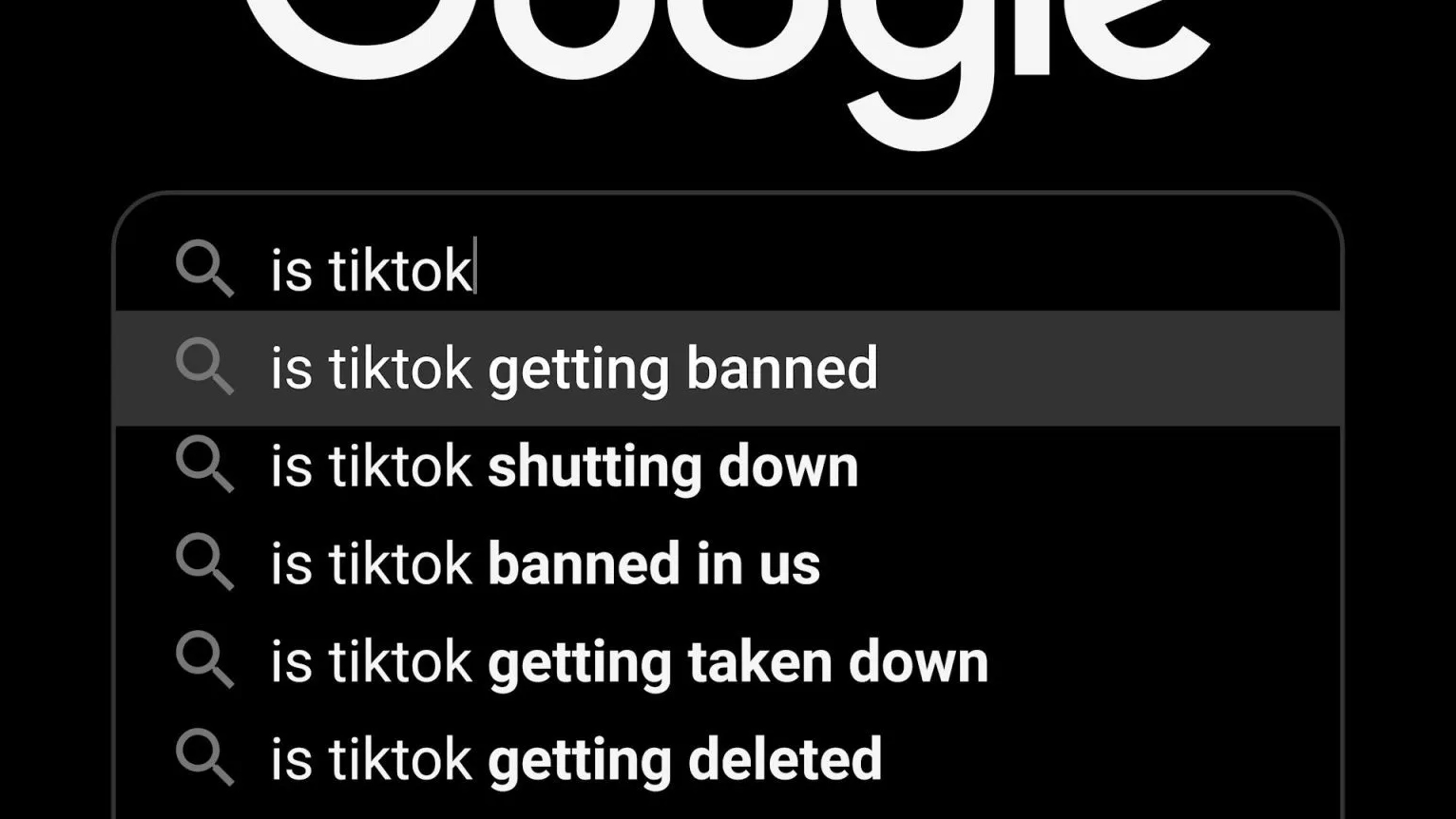Maryland Corporation Announces Run For Congress

I was so incensed by the Supreme Court’s recent decision in Citizens United V. Federal Election Commission to allow corporations to give unlimited campaign contributions to political candidates, I not only wrote about it, I also produced a YouTube video essay to express my outrage. Murray Hill, Inc. has gone me one better in their efforts to protest this decision — the Maryland PR firm has announced it will be filing to run for Congress.
The company’s “designated human”, Eric Hensal, insists that Murray Hill Inc. will pay the $100 registration fee to file as a candidate in the Republican primary. Reminiscent of the group “Billionaires for Wealthcare”, this action points to the absurdity of vesting corporations with the rights of America’s flesh and blood citizens — rights that some of its citizenry have only recently acquired.
In a news release two weeks ago, the 5 year-old company made an announcement that seemed to be something you would be more likely to find incorporated into a skit on Saturday Night Live or Comedy Central rather than something occurring in real life.
News Release – January 27, 2010
Following the recent Supreme Court ruling in Citizens United v. Federal Election Commission to allow unlimited corporate funding of federal campaigns, Murray Hill Inc. today announced it is filing to run for U.S. Congress. “Until now,” Murray Hill Inc. said in a statement, “corporate interests had to rely on campaign contributions and influence-peddling to achieve their goals in Washington. But thanks to an enlightened Supreme Court, now we can eliminate the middle-man and run for office ourselves.” Murray Hill Inc. is believed to be the first “corporate person” to exercise its constitutional right to run for office.
“The strength of America,” Murray Hill Inc. said, “is in the boardrooms, country clubs and Lear jets of America’s great corporations. We’re saying to Wal-Mart, AIG and Pfizer, if not you, who? If not now, when?” Murray Hill Inc. added: “It’s our democracy. We bought it, we paid for it, and we’re going to keep it.” Murray Hill Inc., a diversifying corporation in the Washington, D.C. area, has long held an interest in politics and sees corporate candidacy as an “emerging new market.”
The campaign’s “designated human,” Eric Hensal, will help the corporation conform to “antiquated, human only” procedures and sign the necessary voter registration and candidacy paperwork. Hensal is excited by this new opportunity: “We want to get in on the ground floor of the democracy market before the whole store is bought by China.” Murray Hill Inc. plans on filing to run in the Republican primary in Maryland’s 8th Congressional District.
Campaign manager William Klein promises an aggressive, historic campaign that “puts people second” or “even third.” “The business of America is business, as we all know,” Klein says. “But now, it’s the business of democracy too.” Klein plans to use automated robo-calls, “Astroturf” lobbying and “computer-generated avatars” to get out the vote. Added Hensal: “This is the next frontier of civil rights.”
See the just-released video ad.
“My first question would be…is the person running for office 25 years old at the time of the election,” said Jared DeMarinis, director of candidacy and campaign finance at the Maryland Board of Elections, according to The Atlantic Online “So they might not even make it just based upon the 25 years.” DeMarinis also cautioned that the corporation “would have to prove that it is registered to vote as a Republican.”
While Murray Hill, Inc.’s stunt will probably generate more visibility for the business than anything else, their action does point to a growing level of animosity across the country towards the Citizens United decision among liberal political organizations and groups.
Test cases designed to challenge Supreme Court rulings typically take more time than this to be developed. But if this publicity stunt is any indication, legal scholars and judicial activists around the country are probably rubbing their hands together at the thought of their own prospective cases they hope to bring before the Court.




